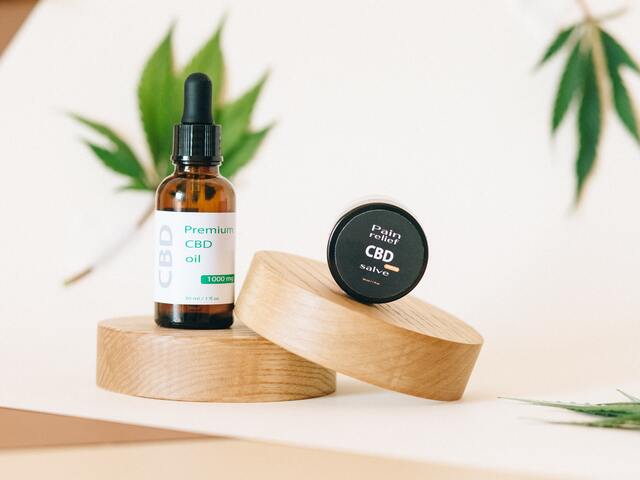What is mental health?
Although many people define mental health as the absence of disease, the truth is that it is not just this. According to the World Health Organization (WHO, 2018), health is a state of physical, mental, and social well-being. So in this definition given by the WHO, we can see that it is not just not having a disease.
Continuing with this definition, in psychology, a mentally healthy person would be considered a person who has a state of well-being in which he or she is able to manage the stress or anxiety that is generated on a daily basis, is able to work properly and is also able to make contributions to the community.
WHO (2018) also states that in order to have good mental health, different factors must be taken into account:
- Social. Socioeconomic factors are very important when it comes to having good mental health. It is known that people at risk of poverty and/or low educational level are more at risk of having poor mental health.
- Psychological. Psychological and personality factors can also affect the predisposition to poor mental health.
- Biological. People with alterations at the biological level (genetic factors, brain chemistry problems, etc.) are also more susceptible to having a mental disorder.
It is also important to take into account that, in Spain, according to a study, more than 10% of the population over 15 years of age is diagnosed with some problem related to mental health (Ministry of Health, Consumption and Social Welfare, 2017). So mental illness is something quite frequent.
How do I know if I have good mental health? Signs of Mental Health
It is important for each person to be able to determine for themselves whether they have good or bad mental health. In the same way that we go to the doctor if we have a cold, we should be able to identify some symptoms that would make us analyze that we are not enjoying good mental health to be able to go to a psychologist.
Some of the signs of having good mental health are as follows (Mayo Clinic, 2019):
- You are able to cope with the different adversities that arise on a daily basis.
- You have good sleep and eating habits
- You enjoy and feel connected to the activities you do at work or at school
- You do not have high anxiety and, in case it appears, you are able to control it.
- You do not feel sad for long periods of time.
- You do not have suicidal thoughts
- You do not abuse substances
- You do not have sudden mood swings
- You do not have anger or aggression against other people or objects.
- You do not have feelings that you are a less valuable person than others.
- You have a good social circle
- You have a good ability to concentrate
These would be some of the most important indicators, however, there are many more. When in doubt about whether you have good or bad mental health, we recommend that you contact a mental health professional for a thorough evaluation. If you enjoyed this article then check out the best cbd products uk for further info.





